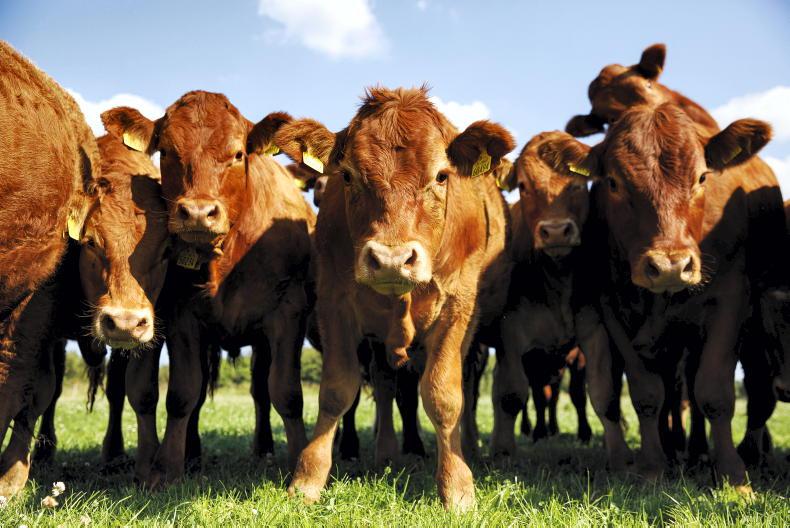A project led by the Royal Agricultural University (RAU), which is looking to understand how cultured or lab-grown meat could impact UK agriculture, is appealing to farmers who might be able to help build a clearer picture of the risks and opportunities of the controversial technology.
Cultured meat, also known as cultivated, cell-based or lab-grown meat, is a type of meat substitute that has attracted interest from investors because of its potential to have the same taste and texture as conventional meat, and thereby to appeal to committed carnivores.
Farmers who might be interested in helping to identify the winners and losers will be paid to do so.
Decisions 'need to be made'
Professor Tom MacMillan, Elizabeth Creak chair in Rural Policy and Strategy at the RAU, who is leading the project, said: “Around the world, decisions are being made about whether cultured meat will reach our dinner tables. In the US it has been cleared for human consumption, while the Italian government has proposed banning it.
“Decisions will need to be made in the UK too and it is critical that, when they are, we must consider how it might impact farmers. Right now, we just don’t know who will be affected or how. This project intends to map out who the winners and the losers might be, to give farmers an opportunity to have their voice heard in the debate."
Despite reams of research into the health, environmental and economic impacts of cultured meat, few have asked how it might impact farmers.
Effect on farmers
Cultured Meat and Farmers is a two-year study looking to redress this, by finding out what farmers really think of cultured meat and how it could affect UK farm businesses.
The team has already held focus groups with farmers across the UK, where concerns were raised not only about how the technology could displace livestock farming - with the risk that carcase imbalances could amplify this effect - but also about its wider effects on nutrition, health and corporate power in the food industry.
Some saw opportunities, ranging from strengthening the proposition for grass-fed meat, to supplying high-value inputs or even the possibility of producing cultured meat on-farm.
Impact
Dr Lisa Morgans, senior lecturer in Animal Health and Welfare at the RAU who led the focus groups, said:
“The next phase of the research involves working with farms of the types most likely to be affected, for better or worse, to give us a picture of the impact cultured meat could have on UK farming. The findings will be used to advise on policies affecting this fast-growing industry.”
The team is also keen to partner with pig, poultry, conventional beef or lamb, organic, rare breed livestock, dairy and tillage farmers.






 This is a subscriber-only article
This is a subscriber-only article










SHARING OPTIONS: